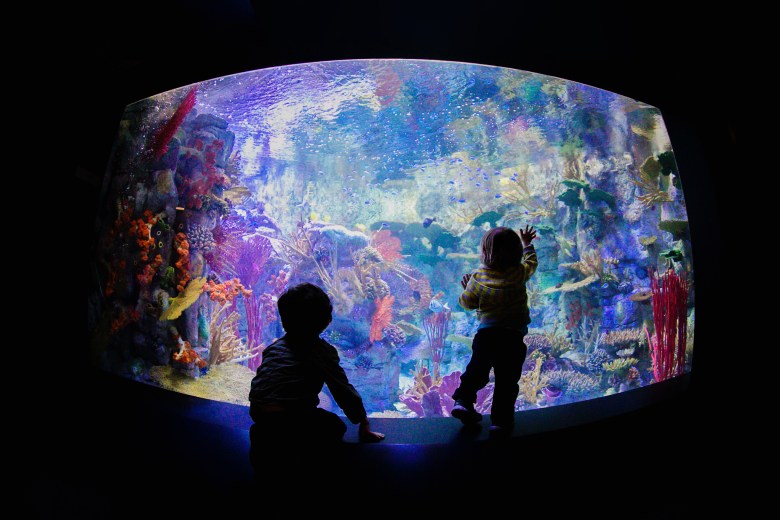According to a recent study by the Scripps Institution of Oceanography, the diving industry’s global economic contribution demonstrates both the sector’s distinct annual fiscal impact and its role as a catalyst for marine conservation.
The research is a component of Atlas Aquatica, a project that examines the global distribution of dive sites and operators and determines the yearly economic value of scuba diving.
According to the report, diving-related direct spending brings in between $900 million and $3.2 billion a year. The study also looked at scuba diving’s indirect effects, like lodging, food, and other costs. When indirect expenditure was taken into account, the sector’s yearly global contribution ranged from $8.5 to $20.4 billion.
Although there has been prior research on ocean-based tourism, the scuba diving industry has never been the subject of a dedicated study. The study not only highlights the significance of the industry, but it also raises the possibility that scuba diving’s financial advantages could support marine conservation.
According to Aburto-Oropeza, a co-author of the study, “we demonstrate that diving generates a lot of income, and it does this without degrading the environment like extractive industries like fishing or mining.” By demonstrating the magnitude of the economic effect of this activity, we seek to promote policies that increase marine protections and invest in diving.
Although scuba diving contributes significantly to the global economy, it also boosts regional economies. Eighty percent of its personnel are local or national citizens of the diving operator’s locality, supporting about 124,000 jobs in 170 countries.
Currently, marine protected areas account for over 70% of all marine dives. According to the Atlas Aquatics report, the diving industry will keep expanding as marine conservation improves. Divers seeking to observe unusual marine species will be attracted by enhanced conservation that supports sealife.
According to Fabio Favoretto, a postdoctoral researcher at Scripps and coordinator of Atlas Aquatica, who co-authored the paper, scuba diving is quite unique since it requires you to spend time underwater.
Even if you may sail or surf across a dead ocean, scuba divers can tell if there are no fish there, hence it’s a system-dependent activity. It creates allies for divers, which is good for conservation.
Get neighborhood news in your inbox. It’s free and enlightening.
Become one of the 20,000+ individuals who receive breaking news alerts and the Times of San Diego in their inbox every day at 8 a.m.
Weekly updates from San Diego communities have also been provided! You acknowledge and agree to the terms by clicking “Sign Up.” Choose from the options below.
In addition to demonstrating the popularity of scuba diving in the ocean-based tourism sector, the UCSD study proposes scuba diving as a model for the Blue Economy.Scuba diving would employ ocean resources to advertise dive sites and operators, attracting tourists to view distinctive marine ecosystems. Blue economies use ocean resources sustainably for economic growth.
According to Anna Schuhbauer, lead study author and fisheries scientist at the University of British Columbia, dive tourism, when properly managed, can be economically viable, socially equitable, and environmentally sustainable, in contrast to mass tourism operations that can negatively impact local communities and marine environments.
In order for dive operators to formally participate in marine management decisions, the Scripps study recommends the establishment of uniform monitoring systems throughout the diving sector.

 by
by 

